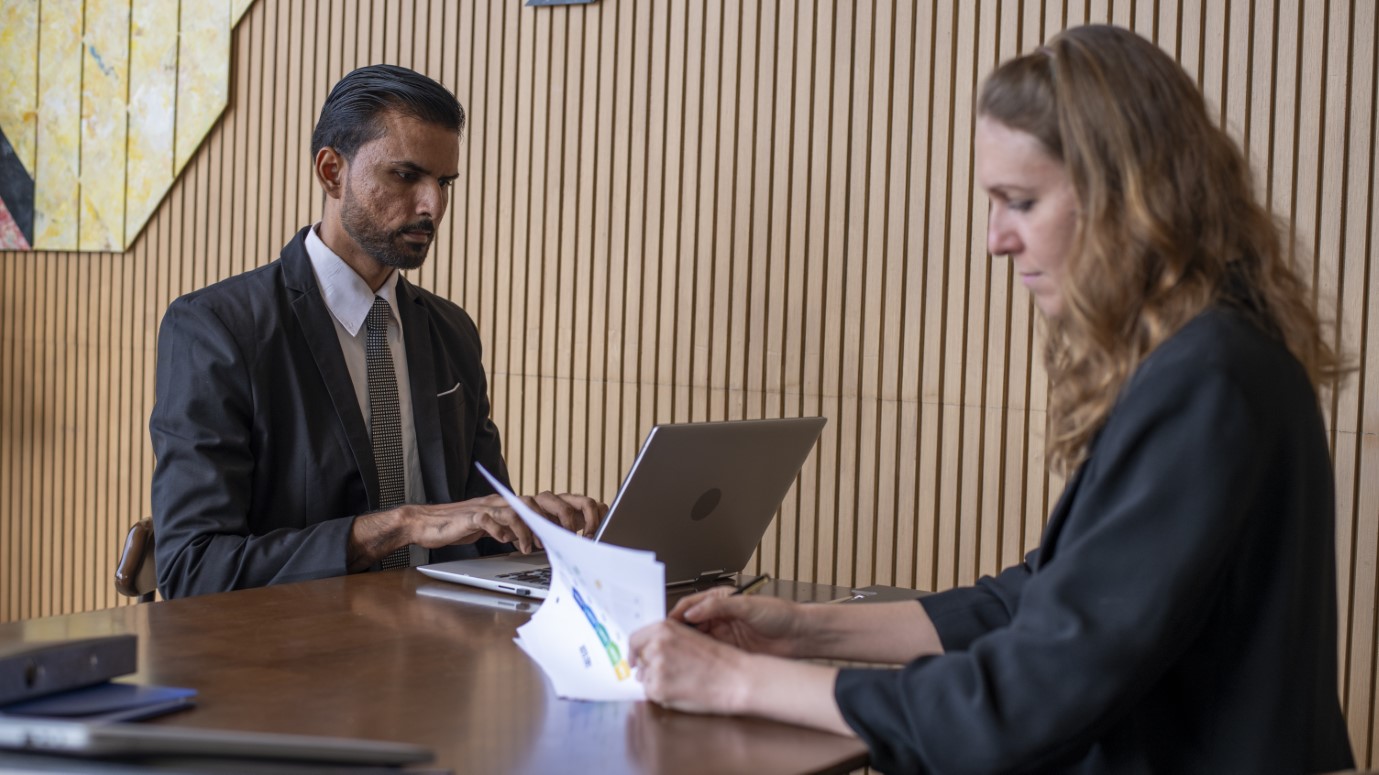
Statements made by a witness who is unavailable for trial
Yes. In Virginia, statements made by a witness unavailable for trial, which tend to incriminate the person who made the statement, are admissible under the statement against interest exception to the hearsay rule.
According to the Virginia Rules of Evidence, a statement falls under the statement against interest exception to the hearsay rule if the person making the statement is dead or otherwise unavailable as a witness and the statement meets the following requirements:
Statement Against Interest. (A) A statement which the declarant knew at the time of its making to be contrary to the declarant’s pecuniary or proprietary interest, or to tend to subject the declarant to civil liability. (B) A statement which the declarant knew at the time of its making would tend to subject the declarant to criminal liability, if the statement is shown to be reliable.
The statement against interest exception to the hearsay rule is broad enough to encompass statements made to defend the declarant’s penal interest.
This means statements that would tend to subject the declarant to criminal liability but also include statements against the financial interest of the declarant or statements that would tend to subject the declarant to civil liability.
Turning our attention back to statements made by unavailable witnesses against their penal interest, Virginia law allows such statements to be introduced into evidence as an exception to the hearsay rule because such statements are considered exceptionally reliable. Writing on the rationale for allowing statements against penal interest as an exception to the hearsay rule, the Virginia Supreme Court has said:
This exception to the hearsay rule allows out-of-court statements that tend to incriminate a declarant to be received in evidence upon a showing that the declaration is reliable and that the declarant is presently unavailable.
Ellison v. Commonwealth, 219 Va. 404, 408, 247 S.E.2d 685, 688 (1978). Underlying this exception is the presumption that individuals have a strong interest in protecting themselves and thus do not often make statements that expose themselves to criminal liability unless those statements are true.
Newberry v. Commonwealth, 191 Va. 445, 461, 61 S.E.2d 318, 326 (1950); Hines v. Commonwealth, 136 Va. 728, 743–44, 117 S.E. 843, 847 (1923). When the declarant has made an incriminating statement that is contrary to his self-interest, this “element of self-interest” functions as “a reasonably safe substitute for the oath and cross-examination as a guarantee of truth.”
Newberry, 191 Va. at 461, 61 S.E.2d at 326 (citing Hines, 136 Va. at 744, 117 S.E. at 847).
Witness making a statement at the scene of a car accident and the defendant used illegal drugs earlier in the day.
One situation where a plaintiff in a personal injury case might put on evidence of a statement against penal interest made by an unavailable witness would be a scenario in which a witness made a statement at the scene of a car accident that he and the defendant used illegal drugs earlier in the day.
Suppose the person making this hypothetical statement was the passenger in the vehicle operated by the defendant driver.
In that case, the plaintiff may testify about the unavailable witness’s statement against the penal interest unless some other rule of evidence bars the statement.
Please consult with our personal injury lawyers in Virginia Beach.
Questions regarding the hearsay rule and exceptions to it, such as statements against interest, are specific to each personal injury case, and we encourage you to contact one of our personal injury lawyers in Virginia Beach.
We can advise the prospective client on what testimony a witness can give at trial and what testimony will be prohibited based on hearsay or some other rule of evidence.
As in all personal injury cases, an experienced personal injury lawyer can also advise the injured person on the value of the claim, guide the injured person through the process of submitting a personal injury claim with the applicable insurance company or companies, and represent the injured person in the litigation of the claim if a lawsuit becomes necessary.
Schedule a Consultation With Preston, Wilson & Crandley, PLC
At Preston, Wilson & Crandley, PLC, we are here to help navigate the complexities of post-accident procedures and legal matters. Our experienced team ensures you receive the support and compensation you deserve.
Our attorneys handle injury claims ranging from bicycle accidents, pedestrian accidents, motorcycle accidents, truck accidents, and car accidents to drunk driving accidents and wrongful death claims.
Give us a call and let our experience work for you. We have been helping the people of Virginia since 1955 and are ready to help you. Schedule a consultation to discuss your case.
If you need a Personal Injury Attorney in Virginia Beach, contact us at (757) 486-2700.
Follow us on Facebook.
